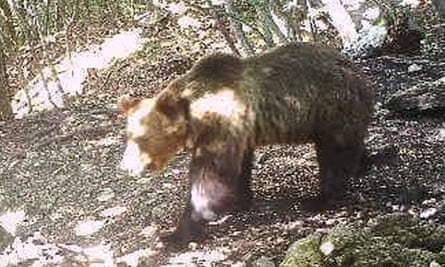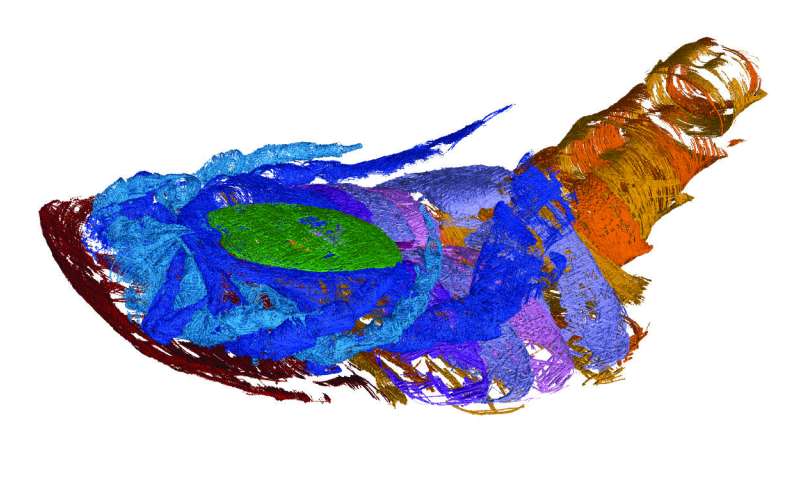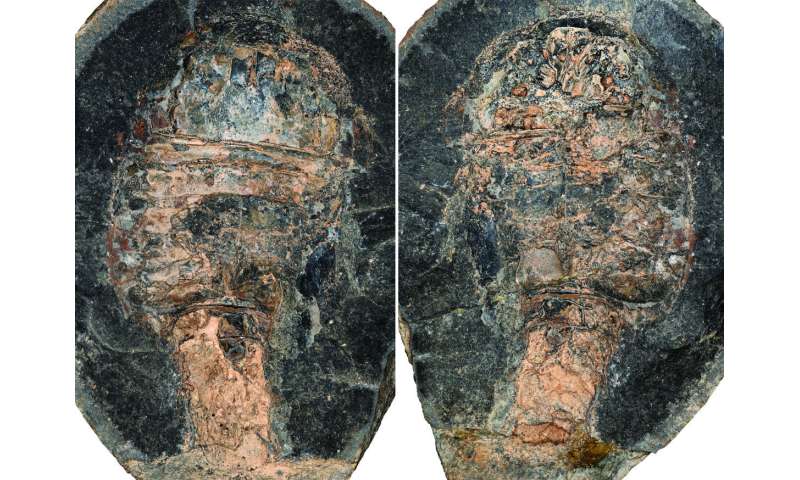Papillon the bear must be set free, says Italy’s environment minister
After being recaptured after 42 days on the run, the bear’s fate is the subject of intense debate

Italy’s environment minister has waded into the debate over the future of the country’s most famous bear, declaring that the animal – recaptured this week for a third time – must be returned to the wild.
Sergio Costa said in a Facebook post on Wednesday that the bear, nicknamed Papillon after Henri Charrière’s memoir about escaping from a French penal colony, did not deserve to be repeatedly put back into captivity.
“Papillon must live free,” the minister wrote. “I am wholeheartedly against the senseless treatment of this poor animal, whose only fault is that it is a bear. I’m on the side of Papillon, and we should all be ashamed of what is happening. A bear that has never been aggressive toward humans shall not and must not be treated like a hardened criminal.”
Codenamed M49, the 149kg (23st) bear was captured on Monday by rangers in the Italian province of Trento, having fled on 27 July from an enclosure in the Casteller centre that had been reinforced following previous escapes, including one where he managed to climb over three electric fences and a four-metre-high barrier before disappearing into the woods.
The first order for the bear’s capture was issued in June 2019 by the president of Trento province, Maurizio Fugatti, who declared that the animal posed a a hazard to humans after it was seen close to inhabited areas.
On that occasion the authorities granted permission to rangers to shoot the bear if it came close to inhabited areas. “The fact that the bear managed to climb over an electric fence with seven wires at 7,000V demonstrates that this specimen is dangerous and a public safety problem,” Fugatti stated in 2019.
Since then, the bear, which has been implicated in the killing of livestock, has escaped and been recaptured at least three times. After its last breakout, its enclosure was reinforced and the bear was fitted with a radio collar to monitor its movements in case of another escape. It was all in vain as Papillon managed to break free again and remove its collar, making its capture even more difficult.
Its time on the run came to an end on Monday around the area of Lagorai, after the animal was caught in a so-called “tube trap” – a device commonly used to capture bears, according to a note from local authorities.
The capture incurred the wrath of environmental groups, which have vowed to take legal action. According to the WWF, the accusations against the bear are unfounded.
Ornella Dorigatti, the Trento representative of the International Organization for Animal Protection, has pledged to go on hunger strike for Papillon’s release. “I’ve just taken this decision,” she told the Guardian. “We must save these bears. We are their voice, and we will fight until M49 is free.”
On Facebook, Costa explained that the national government had little authority over Papillon’s future, as the province of Trento’s autonomous status granted it the right to decide unilaterally whether to order the bear’s capture or to allow it to return to the wild.
Last August a young male bear attacked a police officer in northern Italy, knocking him to the ground and pouncing on him in what witnesses described as an unprovoked attack.
The incident rekindled the debate on the presence and number of such animals in the region. After their population dwindled to just four in Trentino, Alpine brown bears were reintroduced to the area in 2000, and the population currently stands at about 90.














